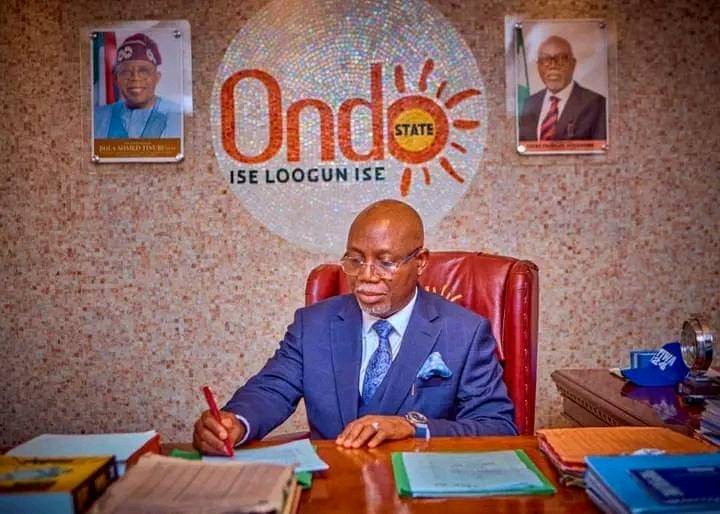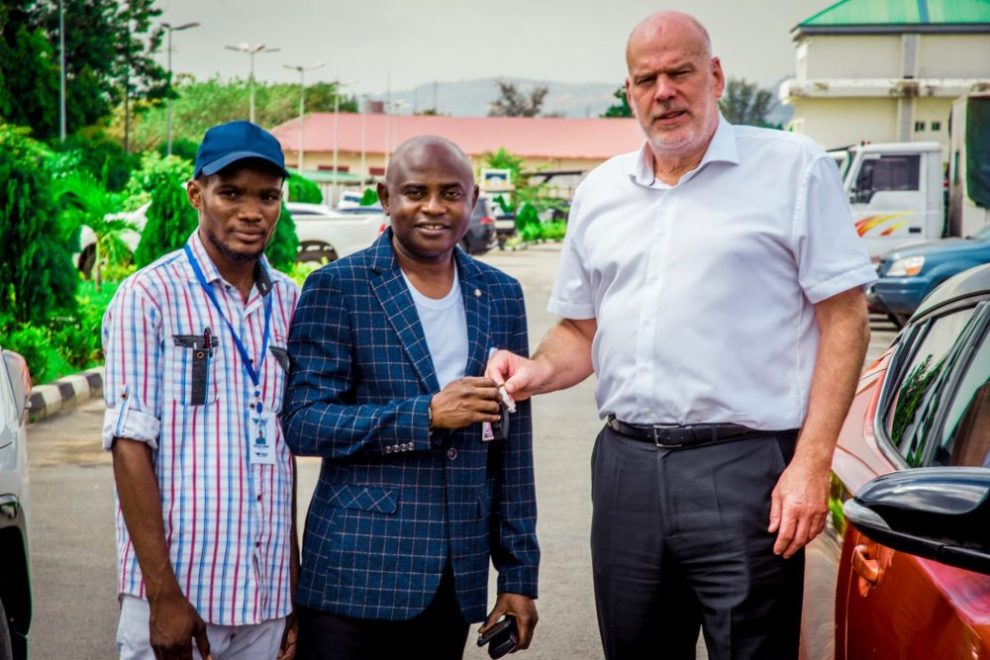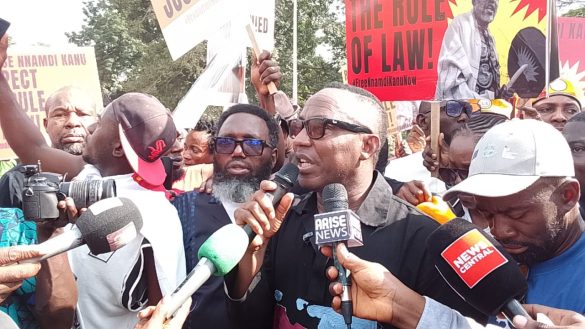Technology
FRSC introduces contactless driver’s licence system
The Federal Road Safety Corps (FRSC) has announced the introduction of a contactless biometric capture system for driver’s licence issuance, marking a significant shift toward digitalisation in Nigeria’s motor vehicle administration.
The development came as the Corps launches its 2025 Ember Months Road Safety Campaign aimed at reducing road accidents during the busy festive period.
The campaign, launched on Monday in Abuja, is themed “Tech Responsibility for Your Safety: Stop Distracted Driving.” It targets dangerous driving behaviors often linked to increased crashes between December 15 and January 15.
Speaking during the flag-off, Corps Marshal Shehu Mohammed said the new licence system would not only eliminate delays but also remove the need for temporary documents.
“We have activated plans to overcome the perennial challenges associated with delays in obtaining the driver’s license and number plates. Our printing facility has been upgraded to print an average of 15,000 driver’s licenses daily.
“This production average will be increased to clear the backlog before the second week of November 2025,” the Corps Marshal noted.
Mohammed added, “We are also about to commence the contactless biometric capture with on-spot printing of the license, which will eliminate temporary licenses, thereby signaling the beginning of a digitalized one-stop-shop for processing driver’s licenses.
“With this development, it is expected that delays and other challenges related to the national driver’s license will be history.”
The corps marshal explained that the new system was developed in consultation with relevant stakeholders, including state governments, noting that licensing falls under a concurrent legislative list.
“Globally, we have seen how a driver’s licence has been obtained. As soon as you come, you get the driver’s license. What matters is the comprehensive data, the adequate data that will be stored for usage at any given time,” he said.
He further explained that the system would fully integrate existing driving schools, Vehicle Inspection Office, and certification processes, but with a faster and streamlined approach.
“We are almost through with the process. It is no longer going to be the process of putting hands on the biometric. This one is a contactless biometric. It doesn’t take time, and also, it captures all the essence required,” he said.
According to him, the entire process, from application to licence issuance, will become immediate upon capture.
“Once you reach the point of capture, you get captured and you get your driver’s licence instantly. There is no longer going to be a temporary driver’s licence. There’s no longer going to be two weeks, one month, six months, one year before you get your driver’s licence,” Mohammed stated.
He said the new process is also synchronised with the National Identification Number database, ensuring data consistency and seamless identity verification.
He described the new contactless fingerprint system as “seamless,” saying it allows biometric data to be captured without physical contact, using advanced technology that reads fingerprints from a short distance.
The FRSC has also enhanced its cooperation with state governments and agencies such as the VIO and state revenue boards to ensure seamless implementation of the new system nationwide.
During a press tour of the FRSC’s Driver’s Licence Print Farm on Monday, Deputy Corps Marshal in charge of Motor Vehicle Administration, Aliyu Datsama, confirmed that the contactless system is already operational and will be rolled out across the country, including Lagos.
Crucially, Datsama disclosed that the Corps had been dealing with a massive “backlog of 800,000 unprocessed driver’s licences, which has now been reduced to 400,000.”
“We are now working 24/7 to clear the remaining backlog.
“Our current daily production capacity is 40,000 licences, and by the grace of God, we will clear everything in the next few weeks,” he stated.
He also urged Nigerians who have already completed capture to check and collect their licences, noting that “over 206,000 licences remain unclaimed across various states.”







